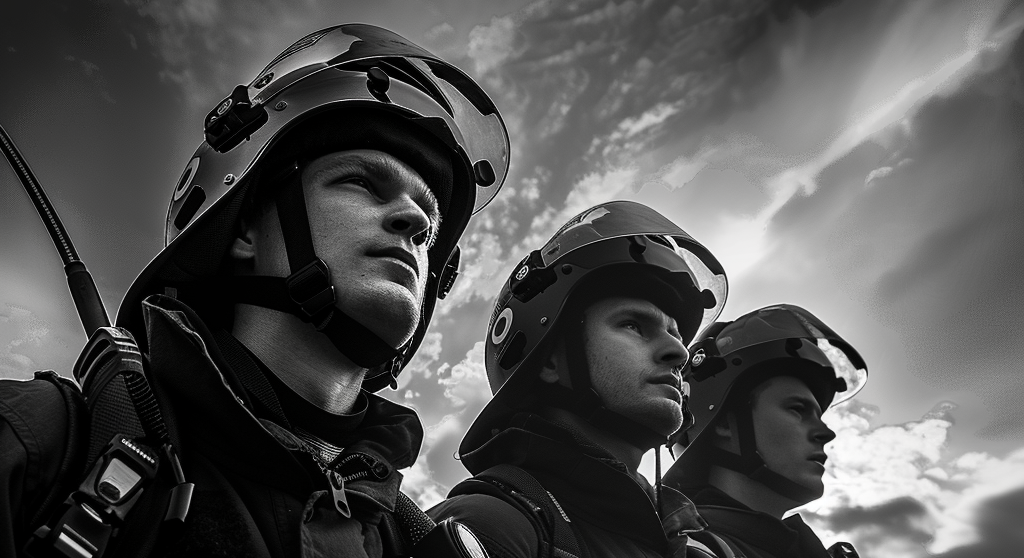Performance Beyond Sport: Brain Endurance Training (BET) in Extreme Professions
Professions such as the military, emergency medical personnel, first responders, including paramedics, firefighters, and police officers, as well as security services, exemplify settings where BET can prove invaluable.

The application of Brain Endurance Training (BET) extends beyond the world of sports to encompass professions that demand rigorous mental and physical performance. Individuals in these roles often operate at the edge of their capabilities, facing high-pressure situations where quick and accurate decision-making is crucial.
Professions such as the military, emergency medical personnel, first responders, including paramedics, firefighters, and police officers, as well as security services, exemplify settings where BET can prove invaluable. In scenarios requiring sustained alertness and readiness, such as standing guard or waiting in anticipation, individuals must remain vigilant despite potential monotony.
Emergency responders are frequently required to spring into action at a moment's notice, confronting life-threatening emergencies and navigating high-stakes situations that demand swift but prudent decision-making. Shift workers, particularly those in healthcare, also rely heavily on their cognitive faculties to perform optimally, even during unconventional hours.
Consider a surgeon performing a critical procedure in the early hours of the morning or a pilot navigating through the night. These professionals operate under immense mental strain, where clarity of thought, rational decision-making, and emotional regulation are paramount. The ability to maintain composure and act decisively under pressure and time constraints is essential in these high-stakes environments.
How BET can help these professionals perform at their best
Brain Endurance Training offers a promising avenue for enhancing mental resilience and cognitive capacity in such professions. By subjecting the brain to cognitive challenges and pushing its limits, BET facilitates adaptive responses that expand its capacity to handle demanding tasks effectively.
While physical fitness training is widely accepted as a means to enhance bodily endurance and strength, the concept of training the brain to withstand mental fatigue may seem less tangible. However, just as physical training strengthens the body, BET bolsters the brain's ability to cope with cognitive stressors and maintain peak performance levels.
Studies have shown that BET leads to increased prefrontal oxygenation, indicative of enhanced cognitive function. Data indicates that BET contributes to improved physical endurance, enabling individuals to sustain exertion for longer durations. This heightened mental and physical resilience equips professionals to endure discomfort and pressure more effectively, reducing the likelihood of errors and enhancing overall performance.
In professions where the consequences of errors can be severe, such as emergency medicine and law enforcement, the integration of BET into training regimens holds immense potential for mitigating risks and optimizing outcomes.
Recognizing the critical importance of these professions, it is imperative to explore strategies that leverage BET to better prepare individuals for the unique challenges they face.
While mistakes in sports may have repercussions, errors in high-pressure professions can have far-reaching consequences. Therefore, investing in the preparation and well-being of professionals through evidence-based approaches like BET is not only prudent but essential for ensuring safety, effectiveness, and success in these vital roles.
